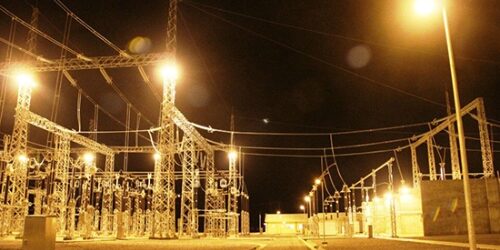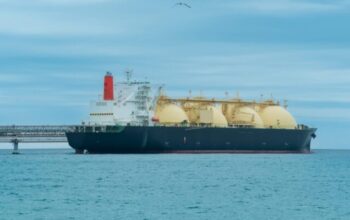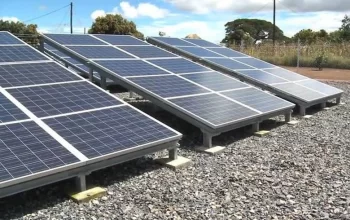The growth of the oil and gas industry in the country has the potential to meet the growing regional demand for energy. The information is contained in a report by the African Energy Consultant.
According to the document, with the country holding around 27 trillion cubic feet of natural gas and 7.8 billion barrels of oil reserves, and with Sub-Saharan Africa representing one of the lowest rates of access to energy worldwide worldwide, developments in Angola’s downstream sector promise new opportunities for advances in energy security, socio-economic growth and industrialization, stimulating the energy transition from fossil fuels.
The institution also states that, through the modernization and expansion of existing facilities downstream, as well as the construction of new refining capacities, Angola is well positioned to become the main source of oil products in the region.
Following the modernization and expansion of the Luanda Refinery, the only refinery in operation in Angola, from 100,000 tons to 450,000 tons of gasoline per year in 2022, the country has started three new projects that aim to further increase the capacity of its refinery to serve both local demand, like regional needs, is read in the document.
These developments include the construction of the Cabinda Refinery (US$920 million) to process 60,000 barrels of crude oil per day, which is scheduled to start in mid-2024, the Lobito Refinery, to process 200,000 barrels and which is expected to start operations in 2025, as well as the Soyo Refinery (US$3.5 billion), for 100,000 barrels/day, which, to be completed by the end of 2023, will start producing in 2024, the document reads.
With these new additions, continues the report, Angola is expected to significantly increase its refining capacity to open a new era of regional energy market stability, independence and accessibility.
Infrastructures
connect Angola to the Region
Supported by the country’s strategic location – which allows it to supply the regional market through roads, pipeline infrastructure and the sea – Angola’s downstream sector has an important role to play in enabling the country to supply energy to the regional market.
In this sense, points out the document, countries like Botswana, Zambia, Zimbabwe and the Democratic Republic of Congo have the opportunity to benefit from the country’s energy through the development and use of oil pipelines, as well as trucks, while South Africa, Namibia and Gabon can exploit a vast maritime transport network.
The document emphasizes that Zambia, for example, which already has a stake in the development of the Angolan Lobito refinery, signed a fuel import cooperation agreement with Angola in January 2023 in an attempt to reinforce its energy security.
The proposed Angola-Zambia oil pipeline, worth US$5 billion, according to the report, which runs from the Lobito Refinery to Lusaka, Zambia’s capital, will be a watershed for the country, while positioning Angola as a regional energy center.
As other neighboring countries take advantage of Angola’s energy supply through regional connectivity projects, a new era of energy security is in sight for southern Africa.
Furthermore, Angola’s downstream developments will not only enable the country to meet growing regional energy needs, but also help the region to balance energy security, access and affordability with the demands of energy transition.
With Angola prioritizing emission reductions from downstream operations, providing cleaner fuels to meet regional energy demand will help countries in southern and central Africa meet pledges to reduce greenhouse gas emissions.
![]()




